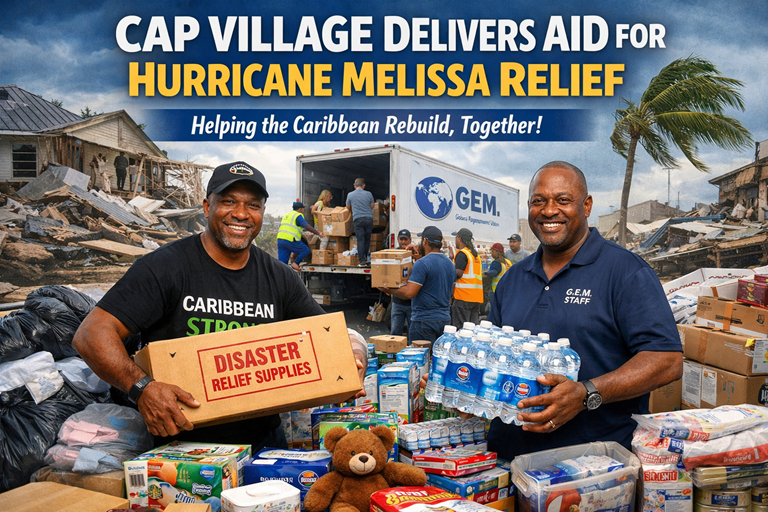Bangladesh, one of the most densely populated countries in the world, faces significant challenges in managing its growing waste problem. With rapid urbanization, increased consumption, and limited infrastructure, community trash management has become a critical issue in both urban and rural areas. Despite efforts from government authorities, NGOs, and community-based initiatives, the problem persists, posing threats to public health, environmental sustainability, and overall quality of life.
The Scale of the Problem
Every day, Bangladesh generates around 25,000 tons of solid waste, with Dhaka city alone contributing over 6,000 tons. Unfortunately, a significant portion of this waste remains uncollected, piling up in open spaces, rivers, and drainage systems. Informal settlements, where sanitation facilities are limited, suffer the most from inadequate waste disposal systems.
Challenges in Community Trash Management
- Lack of Awareness: Many communities lack awareness about proper waste disposal and recycling practices.
- Insufficient Infrastructure: There are inadequate waste collection bins, transfer stations, and treatment facilities.
- Limited Funding: Municipal budgets are often insufficient to address the growing waste crisis.
- Informal Waste Sector: Waste pickers play an essential role in recycling, but they lack formal recognition and support.
- Poor Policy Implementation: While Bangladesh has waste management policies in place, enforcement remains weak.
Health and Environmental Impacts
Improper waste management has severe consequences. Overflowing trash contributes to water pollution, air contamination, and soil degradation. Open burning of plastic waste releases toxic fumes, affecting respiratory health. Additionally, stagnant waste in urban areas creates breeding grounds for mosquitoes, increasing the risk of diseases such as dengue and malaria.
Community-Based Solutions
Several community-driven initiatives have shown promise in addressing waste management challenges. NGOs and local government bodies are working together to promote door-to-door waste collection, waste segregation at source, and composting practices. Educational campaigns are raising awareness about recycling and reducing plastic use.
One notable example is the 'Waste Concern' initiative, which focuses on converting organic waste into compost for agricultural use. Similarly, community-based organizations in Dhaka and Chittagong are actively engaging local residents in neighborhood clean-up drives.
The Way Forward
To achieve sustainable waste management in Bangladesh, a multi-faceted approach is needed:
- Strengthening Policy Enforcement: Authorities must strictly enforce existing waste management laws.
- Public Awareness Campaigns: Continuous education on waste reduction and recycling should be prioritized.
- Investment in Infrastructure: Improved waste collection systems, recycling plants, and treatment facilities are essential.
- Empowering Informal Workers: Recognizing and supporting waste pickers can create a more inclusive waste management system.
Community trash management in Bangladesh is a pressing issue that demands immediate attention and collective action. While challenges remain, successful initiatives demonstrate that progress is possible through collaboration, innovation, and sustained efforts. By empowering communities, enhancing infrastructure, and enforcing regulations, Bangladesh can pave the way toward a cleaner and healthier future.

















